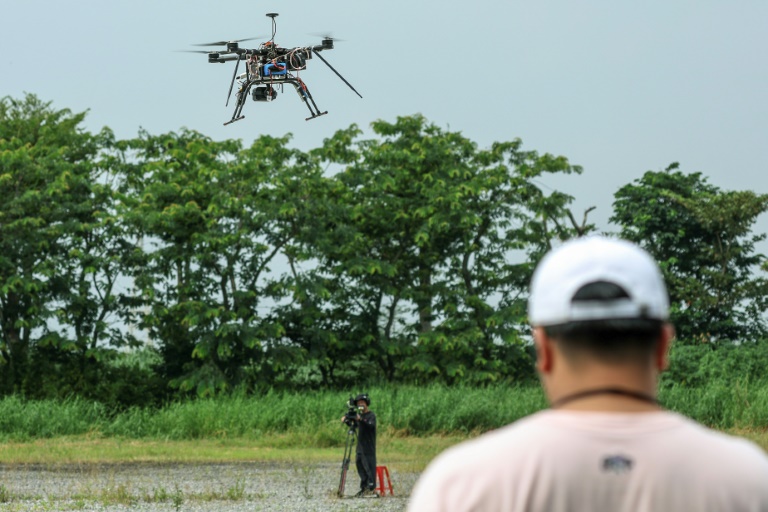
Exploring the Impact of Space Travel on Heart Health
During the latest space expedition, the crew of the International Space Station (ISS) dedicated time to examine the effects of microgravity and prolonged space missions on their cardiovascular system. Living in microgravity conditions can cause significant physiological changes in astronauts’ bodies, including a decrease in heart muscle mass and changes in blood circulation. These adaptations are the body’s way of adjusting to the lack of gravity, but they can also pose potential risks.
To monitor and analyze their heart health, the crew participated in a series of cardiovascular tests, including measuring blood pressure, heart rate, and conducting cardiograms to detect any signs of cardiac abnormalities. The data collected will contribute to a better understanding of the effects of space travel on the heart and aid in the development of countermeasures to mitigate these effects.
Introducing the “Anti-Gravity” Suit
Another exciting event during this space mission was the crew members’ experience with the innovative “anti-gravity” suit. Developed by scientists in collaboration with NASA, this suit is designed to mimic the effects of Earth’s gravitational pull in space. Its primary goal is to assist astronauts in maintaining muscle strength and bone density during extended space missions.
The “anti-gravity” suit works by applying adjustable compression to the astronaut’s lower body, replicating the natural gravitational force on Earth. By simulating gravity, the suit helps stimulate the cardiovascular system, reducing the detrimental effects of prolonged weightlessness on the heart.
The crew members had the chance to wear the suit and experience the feeling of increased resistance against their movements. The preliminary feedback from the crew was positive, with many expressing their excitement at the potential benefits this suit could bring to future space missions.
Advancing Space Exploration
As human exploration of space continues to advance, it is crucial to prioritize the health and well-being of astronauts. By exploring heart health and providing tools like the “anti-gravity” suit, scientists are actively working towards making space travel safer and more sustainable.
Understanding the impact of microgravity on the cardiovascular system is essential, not just for long-duration space missions but also for the future of manned space exploration. The knowledge gained from these studies will pave the way for safer and healthier journeys to distant planets, enabling humanity to further unravel the mysteries of the universe.

















